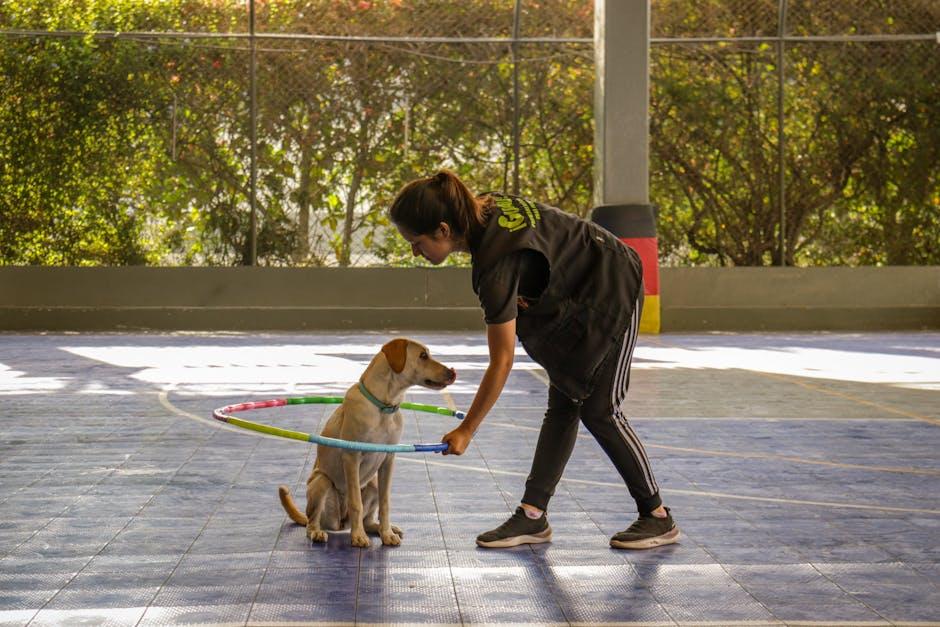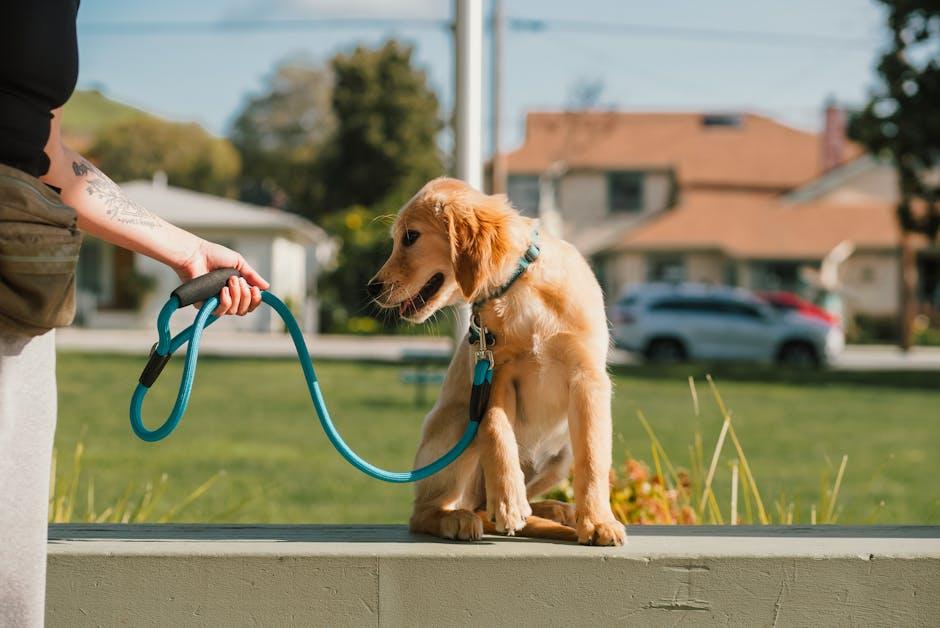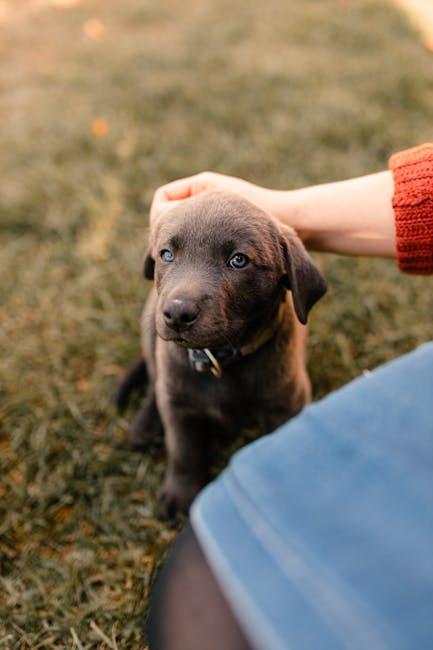Welcoming a new puppy into your home is a joyful and exciting experience, filled with boundless energy and affection. However, as any seasoned dog owner will tell you, these bundles of joy also come with their own set of challenges. Just like children, puppies are naturally curious and eager to learn, which makes early training an essential part of nurturing a well-behaved adult dog. In this article, we’ll explore effective puppy training tips designed to prevent common bad habits before they take root. With patience, consistency, and a loving approach, you can guide your furry friend towards positive behaviors, ensuring a harmonious relationship that will last a lifetime. Whether you’re a first-time puppy parent or a seasoned dog lover, these tips will help you navigate the ups and downs of puppyhood with confidence and warmth.
Understanding Your Puppys Behavior Patterns
To effectively guide your puppy towards positive behavior, it’s crucial to observe and interpret their actions and reactions. Puppies communicate their needs and emotions through a variety of behaviors. Understanding these patterns can help you address and redirect potential issues before they become ingrained habits. For instance, a puppy that is constantly nipping may be exploring their environment or seeking attention. Recognizing this can guide you to offer appropriate chew toys and teach bite inhibition. Similarly, a puppy that barks excessively might be bored or anxious, indicating a need for more stimulation or reassurance.
Here are some common behaviors to watch for and tips on how to address them:
- Nipping: Provide chew toys and practice gentle corrections to teach boundaries.
- Barking: Ensure your puppy has enough mental and physical exercise to reduce boredom-induced barking.
- Chewing: Keep tempting items out of reach and offer a variety of textures in safe chew toys.
- Jumping: Teach your puppy to sit before greeting people, rewarding calm behavior with attention and treats.
By understanding these behavior patterns, you can proactively guide your puppy towards becoming a well-mannered member of the family.

Creating a Consistent Training Routine
Establishing a routine is essential for your puppy’s development and helps in preventing undesirable behaviors. Consistency is key when it comes to training. Start by setting specific times for feeding, walking, and training sessions. This helps your puppy understand what to expect and reduces anxiety.
- Morning Routine: Begin the day with a short walk and a training session. This helps burn off energy and keeps your puppy focused.
- Meal Times: Feed your puppy at the same times each day. Consistent meal times can assist with house training and create a predictable schedule.
- Play and Rest: Incorporate regular playtime followed by rest periods. Puppies need plenty of sleep to grow and develop, so ensure they have a quiet space to relax.
Remember, patience and positive reinforcement go a long way. Reward your puppy with treats and affection for good behavior, and soon enough, they’ll begin to thrive within their structured environment.

Positive Reinforcement Techniques for Lasting Results
When it comes to shaping your puppy’s behavior, positive reinforcement is an incredibly effective approach. By rewarding good behavior, you can encourage your puppy to repeat those actions, leading to long-term behavioral success. Here are some techniques to incorporate:
- Consistency is Key: Ensure that everyone in the household is on the same page with commands and rewards. Mixed messages can confuse your puppy.
- Use Treats Wisely: Choose small, healthy treats that your puppy loves. Use them to reward actions like sitting, staying, or coming when called.
- Offer Praise and Affection: Verbal praise and physical affection, such as petting, can be as motivating as treats. Use a happy, encouraging tone to show your approval.
- Immediate Rewards: Deliver rewards immediately after the desired behavior to help your puppy make the connection between action and reward.
- Gradual Progression: Start with simple tasks and gradually increase difficulty as your puppy masters each step, ensuring they feel successful and motivated.
Remember, patience and love are your greatest tools. By consistently applying these techniques, you’ll not only help your puppy develop good habits but also strengthen your bond, creating a foundation for a happy, well-behaved companion.

Addressing Common Challenges with Patience and Care
Training a puppy is a journey that requires both love and a gentle touch. It’s important to remember that each misstep is an opportunity for learning. When addressing common challenges, such as excessive barking or chewing, it’s essential to approach these situations with patience and care. Instead of reacting with frustration, try to understand the root cause of the behavior. Is your puppy bored, anxious, or seeking attention? Identifying these triggers can guide you in providing appropriate solutions.
Here are a few nurturing strategies to tackle these common issues:
- Redirection: If your puppy is chewing on furniture, redirect their attention to a toy or chew treat. Consistency in redirection helps them learn what is acceptable.
- Positive Reinforcement: Reward good behavior with treats or praise. This reinforces the actions you want to see more of, creating a positive learning environment.
- Calm and Consistent Commands: Use calm, clear commands to guide your puppy. Consistency is key in helping them understand expectations.
Embrace the small victories and remember that building good habits takes time. With kindness and understanding, you and your puppy can overcome these challenges together.
















